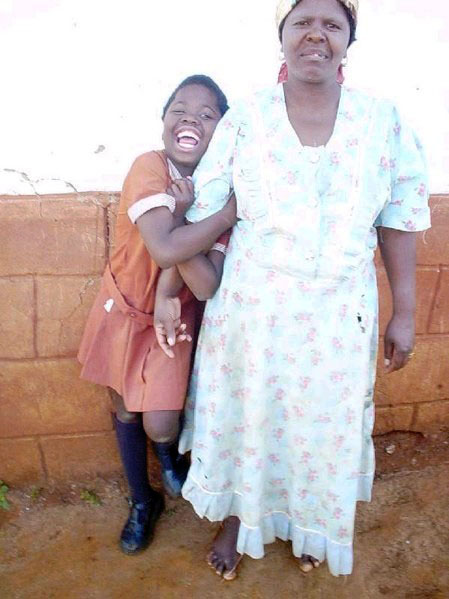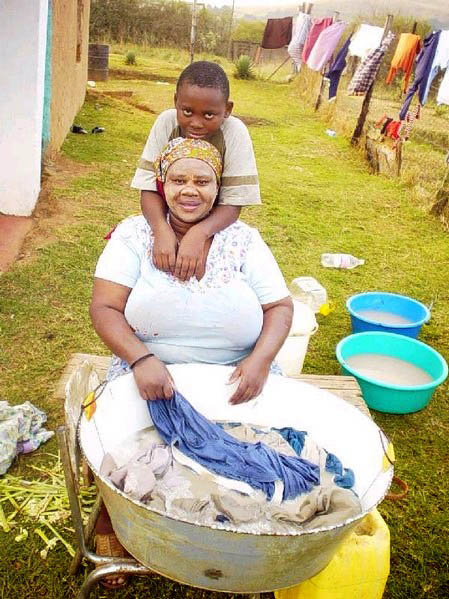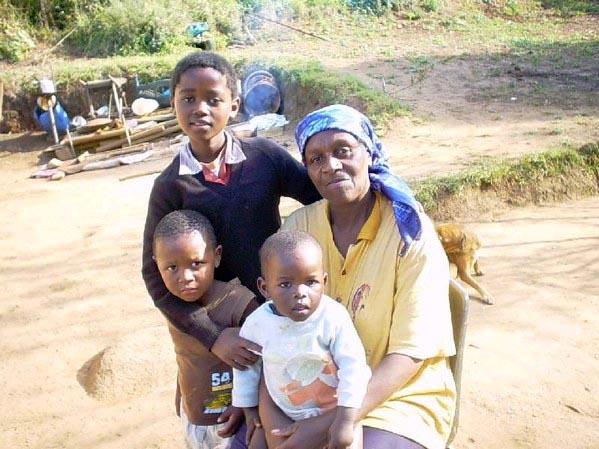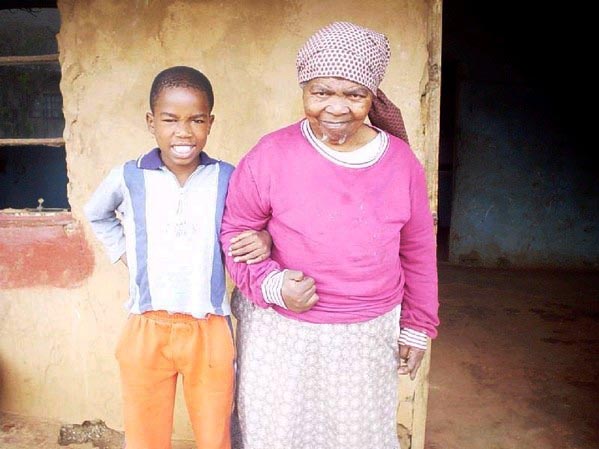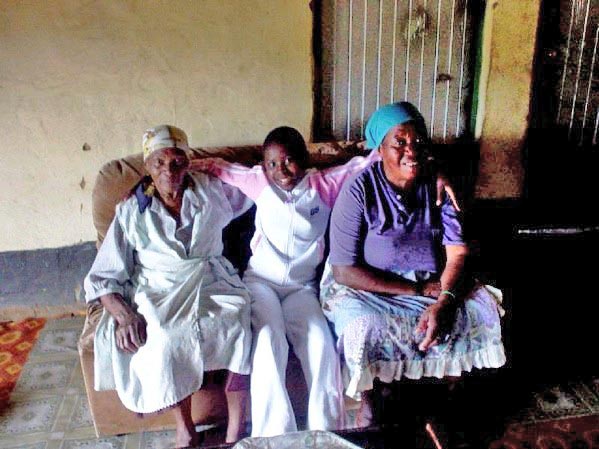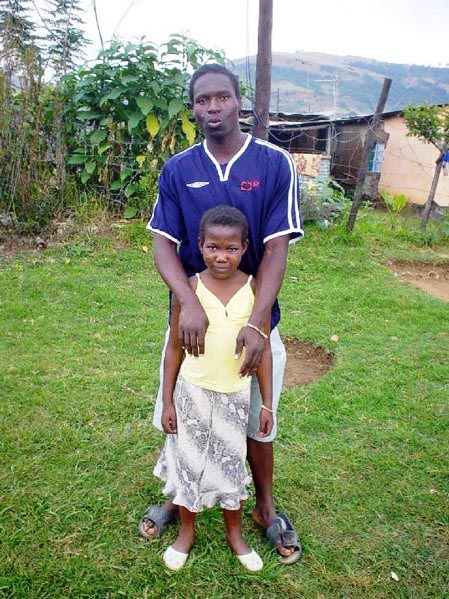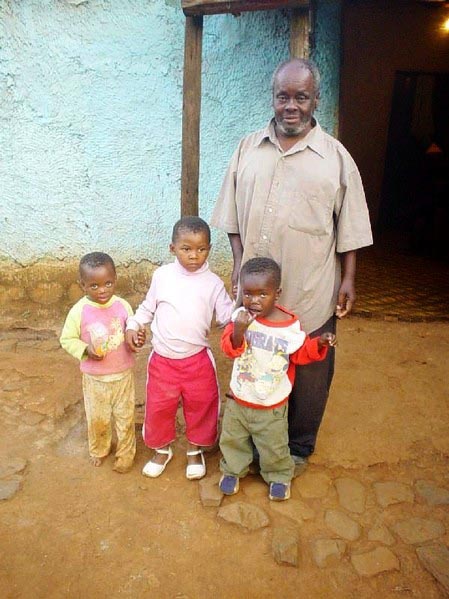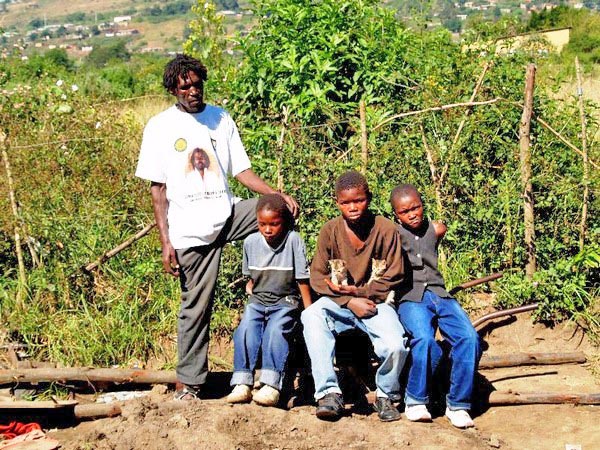- VIH/Sida
- Orphelins du sida, orphelins et enfants vulnérables (OEV)
- Associations, Mobilisations
- Et en Afrique, on dit quoi ?
- Adoption internationale et nationale
- Psychologie géopolitique
- Justice internationale
- Zone Franche
- COVID-19
- Act Up Paris (49/289)
- Action militante (32/289)
- Activisme (73/289)
- Adoption (82/289)
- Afrique (161/289)
- Afrique du Sud (73/289)
- Alimentation, Faim (48/289)
- ARV (203/289)
- Associations, mobilisation communautaire (65/289)
- Bénin (13/289)
- Big Pharma (16/289)
- Botswana (9/289)
- Brevet (83/289)
- Burkina (18/289)
- Burundi (30/289)
- Cameroun (47/289)
- Centrafrique (23/289)
- Changements climatiques (10/289)
- Colonialisme, racisme (19/289)
- Conférence (118/289)
- Congo Brazzaville (24/289)
- Côte d’Ivoire (263/289)
- COVID-19 (13/289)
- CPI (48/289)
- CSAS (32/289)
- Dekens (29/289)
- Dépistage (19/289)
- Discrimination, Stigmatisation (131/289)
- Document (145/289)
- Documentaire (9/289)
- Droit (20/289)
- Droits humains (22/289)
- Enfants des rues (21/289)
- Enfants maltraités (10/289)
- Enfants soldats (68/289)
- Ethiopie (12/289)
- Ethnopsy (15/289)
- EVVIH (55/289)
- Film (22/289)
- Fonds mondial (48/289)
- Françafrique (39/289)
- France (289/289)
- Gabon (12/289)
- Génériques (59/289)
- Genre (22/289)
- Guerre, violences collectives (149/289)
- Guinée (12/289)
- Haïti (15/289)
- Handicap (10/289)
- Histoire (49/289)
- Homosexualité, Homophobie (44/289)
- Humanitaire (47/289)
- Inde (34/289)
- JAIV (10/289)
- Jeunesse (21/289)
- Justice (65/289)
- Kenya (35/289)
- Liberia (25/289)
- Livre (62/289)
- Lois transmission intentionnelle (24/289)
- Malawi (11/289)
- Mali (21/289)
- Médecine (62/289)
- Médicament, Traitements (142/289)
- Memory box, travail de mémoire (11/289)
- Migrations - immigration, émigration (67/289)
- Milices (34/289)
- Minorités culturelles (15/289)
- Modalités d’accueil des OEV (58/289)
- MSF (54/289)
- Nigeria (27/289)
- OEV (269/289)
- OMD (26/289)
- ONU (58/289)
- ONUSIDA (44/289)
- Orphelin (112/289)
- Ouganda (29/289)
- Photographie (27/289)
- Pillage des ressources (77/289)
- Politiques (120/289)
- Prévention, réduction des risques (131/289)
- Prisons (22/289)
- Psy (119/289)
- PTME (12/289)
- PVVIH (111/289)
- RDC (104/289)
- Rwanda (23/289)
- Santé publique (59/289)
- Scolarisation (9/289)
- Sénégal (13/289)
- Sérophobie (19/289)
- SIDA (29/289)
- Sierra Leone (13/289)
- Somalie (12/289)
- Sorcellerie (19/289)
- Tchad (10/289)
- Togo (15/289)
- Torture (17/289)
- Travail (21/289)
- Unitaid (26/289)
- Vidéo (23/289)
- VIH (154/289)
- Zambie (12/289)
- Zimbabwe (21/289)
My Grandfather is the bestOrphaned Children in Esigodini Township, South Africa, talk about their caregiversMots-Clés / Orphelin / Afrique du Sud
|
|
Over the past months, our workshops have focused on the experiences that orphaned children have with respect to their caregivers. We asked the children to express and share their experiences using the following questions :
We used the information from the workshops as a tool to either repair or strengthen the relationships between specific orphaned children and their caregivers. We also used the information as a base of our workshops that aim at building the capacity of caregivers to provide quality psychosocial care to the orphaned children. The workshops highlighted to use the importance of building pyschosocial interventions in the lives of orphaned children that are based on the actual pyschosocial needs as identified by the orphaned children themselves. The interventions then become need-based and demand-based. The interventions address that which the orphaned children would like to be addressed, and not that which we think they need emotionally and socially. The orphaned children thereby participate in the process of identifying problems and needs and seeking solutions. The workshops that we had with the children also shed some light on the patterns of vulnerability among orphaned children with respect to emotional abuse in households. We, for example, found a lot of cases where the orphans who are related to the grandfather face more emotional harrassment than the ones related to the grandmother within the same family. There are also more cases of strained relationships between the caregivers and the orphans when either the orphan or the caregiver have problems to communicate their emotions and assert themselves. The relationships are also weak in cases where the caregiver did not have any contacts with the orphan before the death of the orphan’s parents. As an overall picture, we found that most of the orphaned children have positive relationships with their caregivers. They have a great admiration of the role that their caregivers play in their lives. The caregivers play a huge role in the emotional recovery of the orphans. We would like to play tribute to them in this newsletter, using the photos taken with the orphans and the words spoken by the orphans themselves.
Nobody understands me. It is only my uncle who understands me...
When other children tease me, my grandmother always protects me...
I like my grandfather because he supports Kaizer Chiefs soccer team. I also support the same team. My grandmother supports Orlando Pirates. I do not know why. I stayed with my mother in the free state. When she died, I came here to stay with my uncle. I speak sotho. My uncle’s family speaks Zulu. I am finding it difficult. They talk and laugh. I sit alone. I do not understand what they say. When I had a stomachache, she stayed with me the whole night. She did not sleep. When my parents died, we went to stay with my grandparents. And then, last month, my grandmother died as well. I now remain with my grand father. He looks very sad. I hope he does not die as well. I am the only one who washes dishes after the family has eaten supper. Other children in the family do not wash dishes. When they try to help me, my uncle scolds at them. My uncle tells them that I am the one to wash dishes, and not them. I wish my mother were alive.
My aunt does not want me to go and play soccer with other children. She does not have enough money to buy me a lots of toys. There are ten people in our house. The house is very small. I wish he would get money to build a big house so that I do not have to sleep with my cousins.
Publié sur OSI Bouaké le samedi 24 juin 2006
|
DANS LA MEME RUBRIQUE |
|||||
| |
